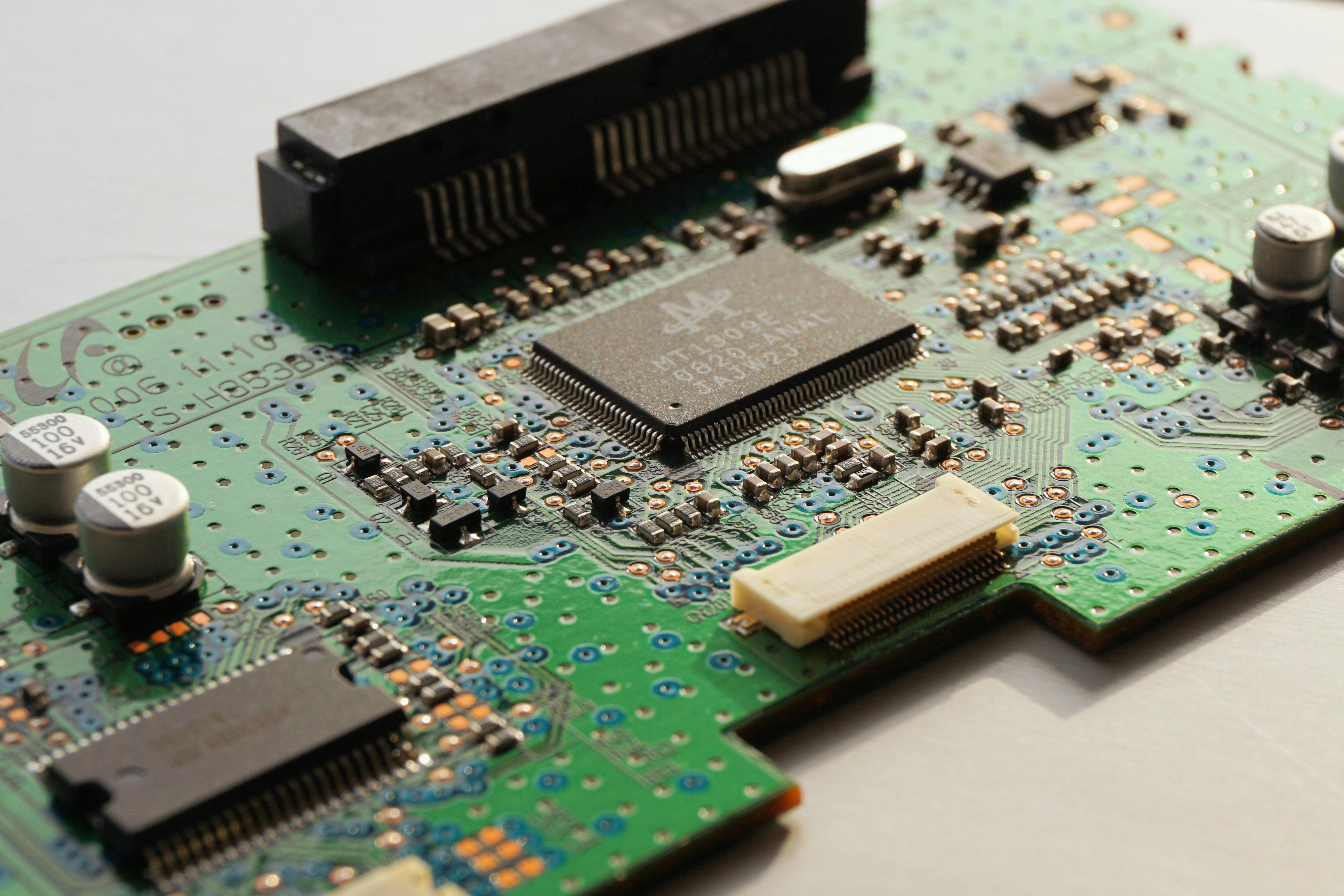Why Water Is Critical in PCB Manufacturing — and How to Get It Right

The wrong water brings issues
Using unsuitable or low-quality water in manufacturing printed circuit boards (PCB) can result in production issues, from minor defects to major equipment failures. In this context, what makes water unsuitable is its conductivity owing to the presence of dissolved substances like minerals, metals, and salts. And conductive water, when used for washing, leaves behind residues that can interfere with signal paths or lead to short circuits, affecting PCB performance.
In the Philippines, groundwater is mineral-rich and therefore conductive. Without any proper treatment, it is not appropriate for use in PCB or electronics manufacturing. Based on our field experience and testings at Aquasafe, the local groundwater tends to be:
- Hard. This means the water is high in calcium and magnesium ions. These ions cause scaling in tanks and pipes, shortening the lifespan of equipment and clogging systems or rinse lines; they also interfere with deionization resins and reduce the efficiency of reverse osmosis (RO) systems.
- High in silica. Silica deposits as a glassy film on heated surfaces. It causes scaling and damages equipment. The buildup is difficult to remove and can reduce cleaning effectiveness.
- High in iron. This contributes to rusting that can irreversibly damage equipment.
- High in other total dissolved solids (TDS), such as sulfates and chloride. TDS can also stain the PCBs and contribute to failed industry tests and inspections due to conductivity and contamination.
The impact of untreated groundwater on the equipment and the product itself will ripple to the business operations and employees. Frequent system clogs, manual descaling, and recleaning of PCBs become part of the daily workflow. Employees are burdened by manual rinsing and other troubleshooting and quality controls, while the business has to take into account higher maintenance costs.
The standard is deionized water
PCB manufacturers require deionized water to wash electrical components. Because deionized water has little to no ions or solids that conduct electricity, the water is safe and appropriate for use in day-to-day operations. It doesn't create unintended electrical pathways that could affect PCB performance, and it ensures PCBs are clean, stable, and compliant with industry standards.
For our clients in PCB manufacturing, we at Aquasafe have customized water treatment systems to suit their production capacity and purity requirements. Our typical solution includes:
- Chemical dosing to treat silica, iron, and hardness and prevent damage to RO membranes
- Reverse osmosis system to lower TDS through semi-permeable membranes
- Mixed bed deionization to ensure no TDS and no conductivity for high-purity water.
Aside from installation, we do regular checkups and maintenance to ensure that every stage in the water treatment process is running at peak efficiency. From quarterly to yearly, the frequency depends on our client’s production volume and the water quality. For our clients in PCB manufacturing, this includes scheduled replacement of key consumables:
- Antiscalant (chemical dosing stage). This minimizes mineral buildup in RO membranes.
- Multimedia filter (RO pretreatment stage). This traps bigger particles or suspended solids, removing them from the water.
- Activated carbon filter (RO pretreatment stage). This removes color, odor, chlorine, and organic compounds in the water.
- Sediment filters (RO pretreatment stage). They filter out fine particles.
- RO membranes (RO stage). As the main filtration element, they remove the dissolved solids in the water.
- Mixed bed resin (deionization stage). It removes the last traces of ions to yield pure water.
The right water ensures reliability
With the proper water treatment system, PCB manufacturers can improve their products’ reliability, reduce maintenance and operation costs and burdens, and meet industry standards.
Water is an essential and critical raw material. If left untreated, it can cause escalating problems and create difficulties for the business and employees. For PCB manufacturers, the water needs to be deionized to ensure that equipment can last as long as possible and that the product will be reliable.
For the right water specifications for your business or other inquiries, contact Aquasafe at inquiry@aquasafe.com.ph
